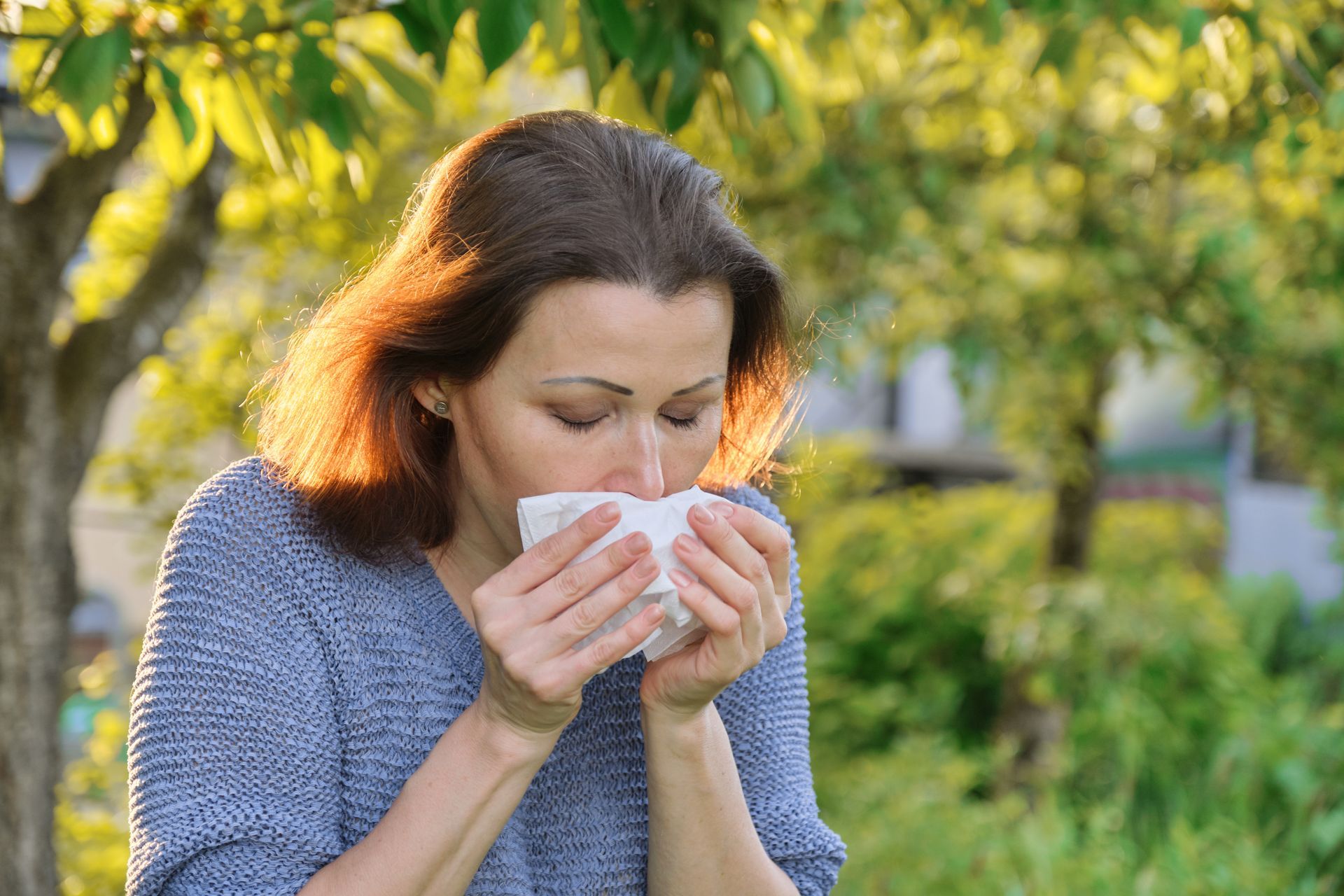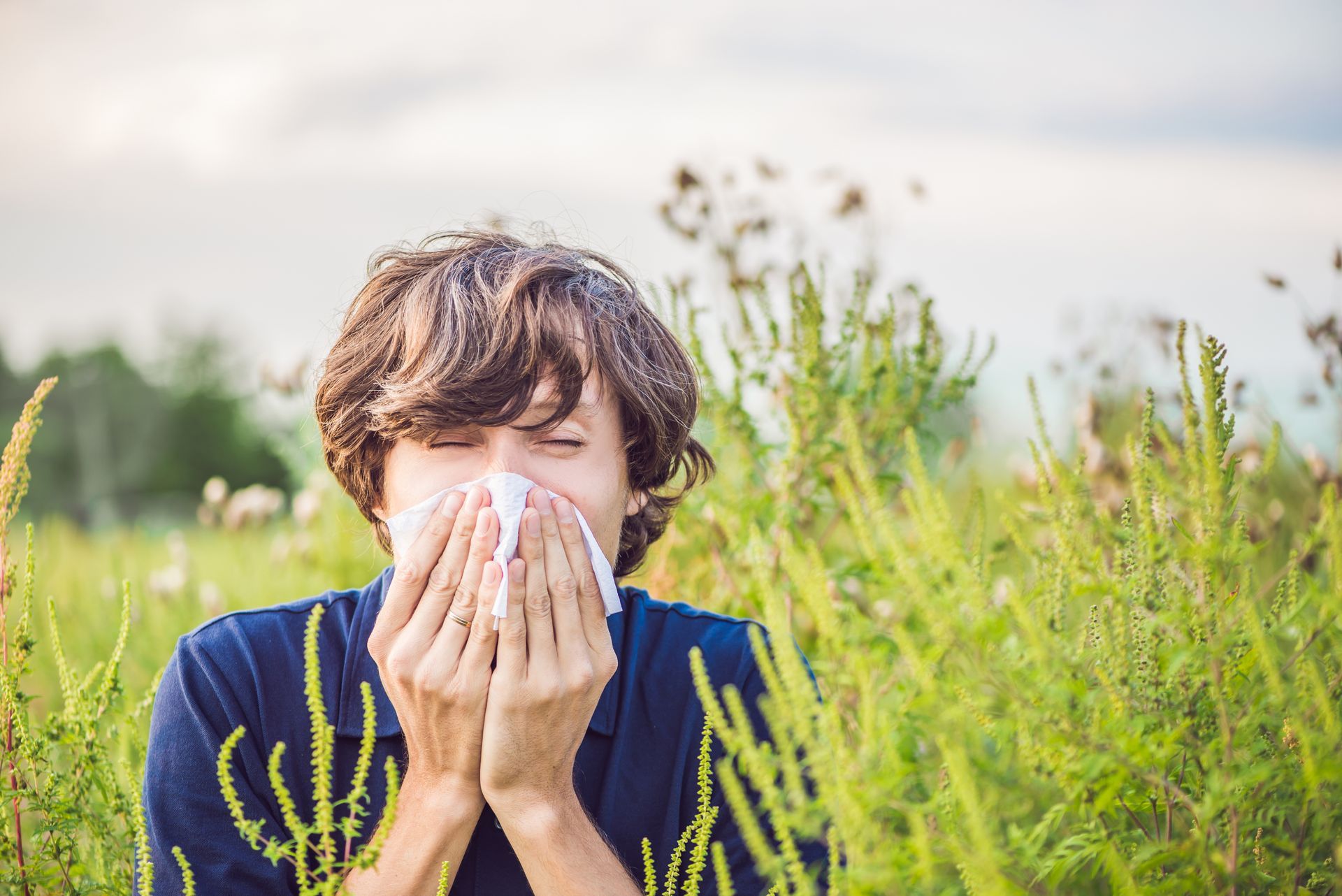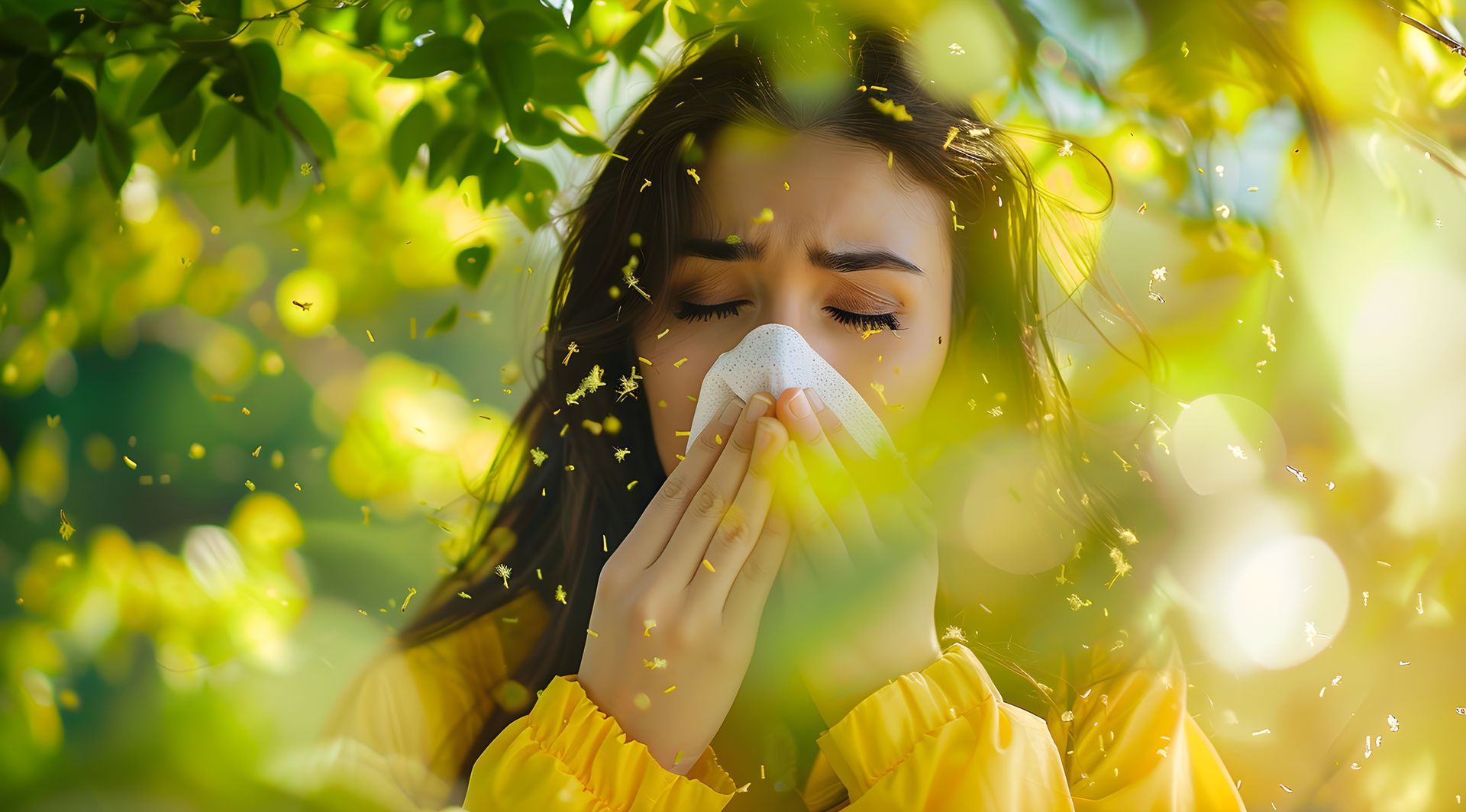Surviving Mountain Cedar Season: Tips from Allergy Specialists

As the crisp breeze sweeps through the vast Texas landscape, winter sets in for the Lone Star State, bringing an annual challenge for many residents – the notorious mountain cedar season. If you're one of the countless individuals who endure the relentless assault of cedar pollen annually, don’t fret. In this blog, we present practical tips and treatments to help you survive mountain cedar season, tapping into the expertise of San Antonio allergists and allergy specialists to unravel the secret to an allergy-free life in Texas.
Understanding Mountain Cedar Allergy
Mountain cedar season in Texas spans late fall to early winter, typically peaking in December and January. During this time, mountain cedar trees release copious amounts of pollen, triggering cedar allergies in susceptible individuals. Cedar allergy symptoms, often called cedar fever, include sneezing, nasal congestion, itchy eyes, and fatigue.
Addressing the Allergy Menace
To tackle the threat of cedar pollen, seeking guidance from a San Antonio allergist or allergy specialist is paramount. These professionals accurately pinpoint specific triggers and tailor effective treatment plans. The allergy treatment center is a haven for those seeking relief from cedar fever, offering various solutions to alleviate symptoms.
Expert Tips for Surviving Mountain Cedar Season
- Stay Informed on Pollen Levels
Regularly check pollen forecasts, especially during Mountain Cedar season in Texas. Take note of days with elevated pollen levels, and schedule outdoor activities when pollen count levels are low.
2. Invest in High-Quality Air Purifiers
Turn your living space into an allergy-free haven by investing in air purifiers equipped with high efficiency particulate (HEPA) air filters. These devices effectively capture airborne cedar pollen, relieving allergies indoors.
3. Keep Windows Closed
While the temptation of fresh air is undeniable, during cedar season, keeping windows closed prevents pollen from entering your home and exacerbating allergic reactions.
4. Maintain Personal Hygiene
After spending time outdoors, make a habit of taking a shower and changing your clothes. This simple routine helps remove any lingering pollen on your body and reduces the risk of pollen transfer indoors.
5. Consult With a San Antonio Allergist
Schedule a visit with a San Antonio allergist or allergy specialist for a comprehensive evaluation. These professionals can identify specific allergens affecting you and tailor a cedar fever treatment plan to address your unique needs.
6. Try Nasal Irrigation
A simple yet effective strategy recommended by allergy specialists is nasal irrigation. Rinsing the nasal passages with a saline solution can help flush out allergens, providing relief from congestion and irrigation.
7. Explore Allergy Medications
Over-the-counter antihistamines and nasal corticosteroids provide effective relief from cedar allergy symptoms. Consult your allergy specialist to determine the most suitable medication for your case.
8. Consider Immunotherapy
For long-term relief, discuss immunotherapy options with your allergist. This treatment involves:
- Gradually exposing your immune system to cedar allergens
- Desensitizing your body
- Reducing the severity of allergic reactions over time
Read More:
Managing Mountain Cedar Allergies: Early Treatment is Key
The Role of Allergy Specialists in San Antonio
San Antonio allergists play a crucial role in the battle against cedar fever. These specialized physicians conduct thorough allergy testing, enabling them to identify specific triggers and customize treatment plans accordingly. By addressing the root cause of cedar allergies, allergists empower individuals to proactively manage their symptoms and enjoy better quality of life.
Frequently Asked Questions About Mountain Cedar Season in Texas
Can cedar pollen cause allergic reactions indoors?
Cedar pollen is fine and can travel indoors through open windows and doors. Reducing indoor exposure to pollen is possible with air purifiers, routinely cleaning indoor areas, and closing windows when pollen levels are high.
Are there specific regions in Texas more affected by mountain cedar season?
Mountain cedar trees are prevalent in the Hill Country region of Texas, making areas like Austin, San Antonio, and the surrounding regions more susceptible to higher pollen levels. Cedar pollen, however, can impact a broader geographical area as it travels long distances.
Can mountain cedar allergies be mistaken for other respiratory conditions?
Yes, the symptoms of mountain cedar allergies can sometimes be mistaken for respiratory infections or other allergic conditions. Consulting with an allergist is crucial for accurate diagnosis and appropriate treatment.
Read More:
How to Tell if It’s Flu or Cedar Allergies
Is there a difference between mountain cedar allergies and other tree pollen allergies?
While the symptoms of the tree pollen allergies may overlap, mountain cedar allergies are triggered explicitly by pollen from Ashe juniper trees. Consulting an allergist can help determine the precise allergen responsible for your symptoms and guide a tailored treatment plan.
How long do cedar allergy symptoms typically last after exposure?
Cedar allergy symptoms can persist as long as there is ongoing exposure to cedar pollen. Getting professional advice for managing and treating your condition can help reduce the duration and severity of symptoms.
A Breath of Relief Against the Cedar Storm
Surviving mountain cedar season in Texas requires a strategic approach and expert guidance from San Antonio allergists and allergy specialists. Take note of the practical tips we discussed, optimize medication options, and consider long-term solutions like allergy shots, so you can navigate through cedar season with resilience. Remember, knowledge and professional assistance are your greatest allies in the fight against cedar fever. It’s time to embrace the winter months with confidence as you reclaim the season’s joy, free from the shackles of cedar allergies.
Navigating the nuances of cedar allergies during mountain cedar season can be quite the challenge. Dr. Freiler and our specialists at
Premier Allergy TX specialize in personalized allergy solutions tailored for San Antonio residents. Say goodbye to stress and embrace a life free from the discomfort of cedar allergies.
Don't let cedar allergies dictate your days. Reach out today at (210) 791-7856 or click the "Schedule an Appointment" button to reclaim your well-being. Let's create an environment where allergies no longer stand in your way.












